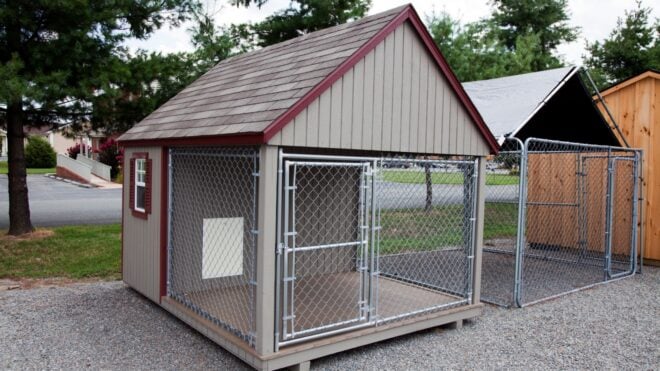
Folks are slowly returning to work as states reopen, but as of this writing, unemployment in the United States for nonfarm workers was 13.3%. This is a small decline from rates we saw in late spring, but the increase in employment has also added to the increase in virus cases in each state. The global health crisis is far from over, and when the second and third waves hit, we will likely see unemployment claims rise again if we have to return to a state of lockdown. I am one of many Americans depending on unemployment payments because my workload decreased due to the health crisis. While I am saving some money because of a lack of travel and the cancellation of summer camps and sports for my kids, our budget is still a concern. But according to experts, one of the things parents should never say to their kids is, "We can't afford that." Here's why.
First of all, I know. The truth really is we can't afford that. I also know it is a privilege to be able to step outside of myself to think about this statement and make a conscious decision to approach conversations about money with my kids differently than how I experienced them as a child. I grew up in poverty and can still feel the anxiety around not having enough money; while I was aware of how hard my mother worked to supply my brother and I what we needed, I was also aware of our deficits. I carried fear and shame instead of pride and security.
Now I live a modest middle-class lifestyle, and my kids are far from wanting or needing anything, but there are still times when money is tight, especially as I wait for unemployment deposits to arrive. I never want my kids to feel a sense of insecurity in their own home, so I am careful how I talk about finances with them.
Instead of telling my kids we can't afford something, I often tell them the thing they want is not something we need or not in the budget. While both are true, it creates a boundary of "no" without making money seem out of my control. I suggest they add the desired item to a wish list and help them make a plan to earn money to buy it or encourage them to wait until their birthday or Christmas.
I also talk to my kids about shopping around for the best price. Yard sales, thrift shops, and even online markets are great places to find deals while recycling perfectly good products.

Varda Epstein, editor in chief of Smarter Parenting and mother of 12 children, says that by telling our kids we don't want to spend money on something or that we would rather spend it in a different way, we are empowering ourselves instead of being victims of our finances. When we say we can't afford something, it's as if a choice has been made for us because of the cost, and this sends a message to our kids that we don't have a say in our destiny.

This can create fear and uncertainty and make children wonder what else we can't afford. Food? Rent? Electricity? Kids need to know that the essentials are covered, and while we know not being able to afford a new video game doesn't mean we can't afford groceries, our kids may jump to conclusions.
Epstein says that if we don't use the phrase "we can’t afford that" we also eliminate a child's instinct to offer advice about how we could afford it if we did X, Y, or Z. You can and should have conversations with your kids about budgets, but when it's clear that we are actively making choices about how to spend money, it tells our kids that there isn't a problem to fix, and we don't need their suggestions as if there is.

I am honest with my kids about the need to work hard, and I try to impress upon them that money doesn't simply appear because we want something. We talk about savings and making good decisions when it comes to spending. I want to eliminate the rush of instant gratification so that my kids can internalize gratitude by working hard or being patient to get the thing their heart really desires, whether it's a toy or an experience.
I am also very careful in the words I use while having these conversations. I won't sugarcoat topics with my kids, but I don't want to put the weight of adult responsibilities and worries on them either. It's a tricky balance, but one I can afford.







